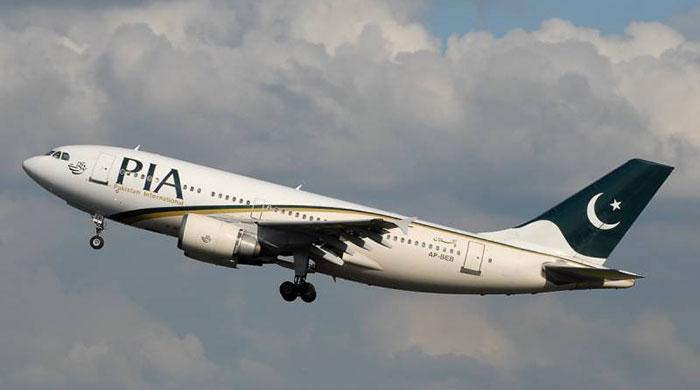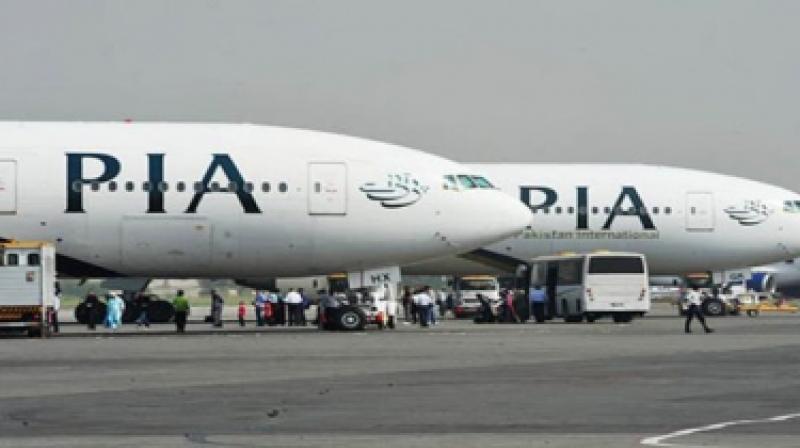Pakistan’s state-run airline cancelled all flights to Gilgit-Baltistan on Wednesday after airspace over the region was closed by the aviation regulator against the backdrop of a spike in tensions with India.
Pakistan International Airlines (PIA) spokesperson Danyal Gilani attributed the cancellations to “airspace restrictions”. He added, “As per directives of CAA (Civil Aviation Authority), the airspace over Northern Areas will remain closed on Wednesday, September 21. Inconvenience regretted.”
He also Tweeted informing that:
Due 2 northern areas airspace restrictions PIA’s 21st Sep’s flights to Gilgit, Skardu & Chitral ve been cancelled. Inconvenience regretted.
— Danyal Gilani (@Danyal_Gilani) September 20, 2016
TV news channels and reports on social media speculated that the move was part of Pakistan’s preparations for possible hostilities in the aftermath of a terror attack on an Indian Army camp at Uri on Sunday that killed 18 soldiers. India has blamed the Pakistan-based Jaish-e-Mohammed terror group for the attack.
A report on Geo News channel on Wednesday morning suggested Pakistan’s armed forces were going on high alert as there were fears India might attack in response to the terrorist strike in Uri. “We are told that the armed forces are on high alert and are ready for any eventualities,” the anchor on Geo News said.
The Express Tribune reported on its website that the airspace over Gilgit-Baltistan was closed because Pakistani warplanes were engaged in take-off and landing rehearsals following the spike in tensions.
The media also reported that Prime Minister Nawaz Sharif, currently in New York for the UN General Assembly and army chief Gen Raheel Sharif discussed various options on Tuesday night against the backdrop of the tensions with India.
“Telephonic conversations took place between Prime Minister Nawaz Sharif and COAS General Raheel Sharif. At length discussion on prevailing regional situation took place,” said a brief statement issued by the Prime Minister’s House.
On Monday, Gen Sharif had described India’s reaction to the Uri attack as a “hostile narrative” and said the armed forces were prepared to respond to the “entire spectrum of direct and indirect threat”.









